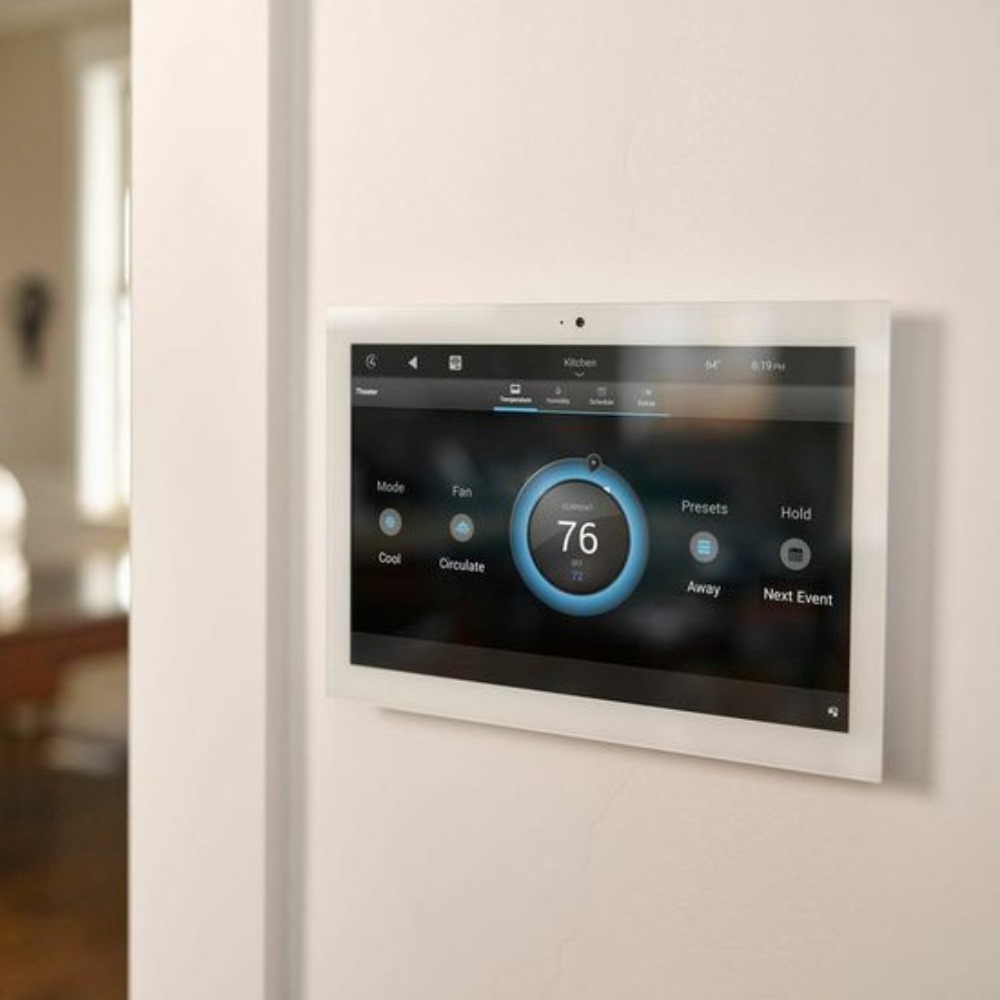Energy Efficiency
Energy Monitoring


Sensors
Home Automation Sensors are devices designed to detect and monitor various environmental conditions and movements within a smart home. These sensors play a crucial role in automating tasks, improving energy efficiency, enhancing security, and offering convenience to homeowners. By working in conjunction with other smart devices and systems (such as lights, thermostats, security cameras, and alarms), home automation sensors enable seamless operation and control of a smart home.
Energy Saving
Energy saving in both residential and commercial spaces involves implementing strategies, technologies, and practices that reduce energy consumption and minimize environmental impact while maintaining comfort and functionality. While the general principles of energy efficiency are similar for both types of spaces, there are some differences due to the scale, needs, and usage patterns of the spaces. This also includes Smart Controls for HVAC and Lighting, Occupancy Sensors, Daylight Harvesting.


